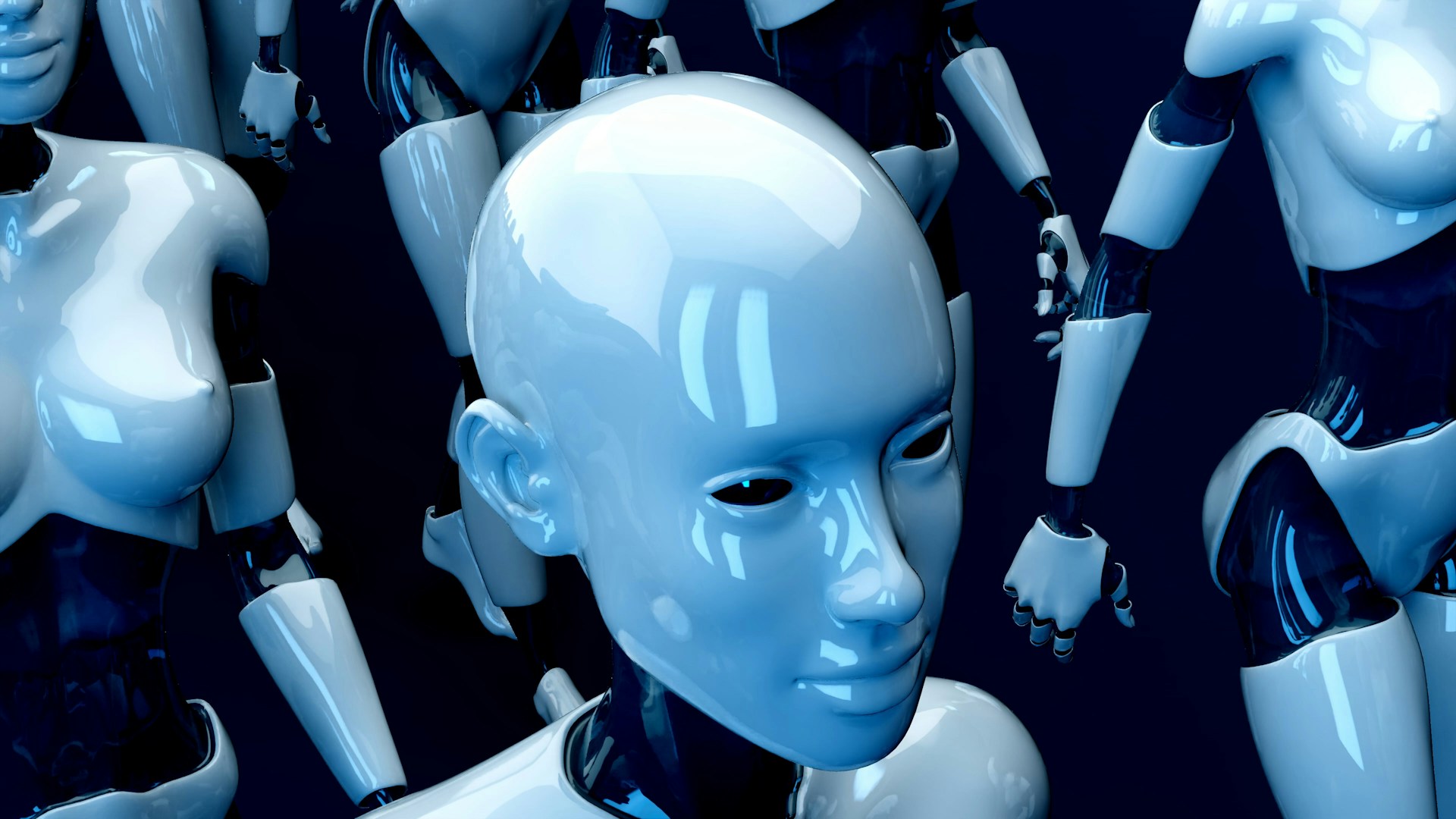The challenges surrounding artificial intelligence (AI) safety remain monumental, with evolving technology leaving policymakers scrambling for viable solutions, according to Elizabeth Kelly, director of the U.S. Artificial Intelligence Safety Institute. Speaking at the Reuters NEXT conference, Kelly underscored the complexity of crafting safeguards for AI systems while scientific understanding remains fluid.
The institute, established under the Biden administration, faces growing pressure to address AI vulnerabilities, from cybersecurity risks to synthetic content manipulation. These challenges, Kelly said, are compounded by the lack of reliable safety benchmarks for developers and policymakers alike.
The Challenge of Evolving AI Science
Kelly highlighted the growing concern over "jailbreaks," which exploit vulnerabilities in AI systems to bypass established safeguards. These security flaws, she noted, expose the fragility of current defenses. “It’s difficult for policymakers to recommend best practices when we don’t know which ones are effective,” Kelly said during her keynote speech.
Another pressing issue is the manipulation of digital watermarks designed to distinguish AI-generated content from authentic material. The ease with which bad actors can tamper with these markers complicates regulatory efforts. Without reliable tools, authorities are struggling to provide clear guidance to an industry experiencing rapid growth.
International Collaboration and Bipartisan Support
Despite these hurdles, Kelly expressed optimism about international efforts to unify AI safety protocols. She recently led the first global summit of AI safety institutes, which convened in San Francisco with representatives from 10 countries. The focus was on developing interoperable safety tests, with the help of what Kelly humorously described as “more technical, hoodie-wearing experts than you’d see at a typical diplomatic meeting.”
When asked about the institute’s future under the Trump administration, Kelly was firm: “AI safety is fundamentally a bipartisan issue.” She emphasized the importance of partnerships across academic, industry, and civil society sectors in informing the institute’s evaluations.
Public Reactions: A Divided Debate
Kelly’s remarks have sparked heated debate online, with many questioning the feasibility of safeguarding AI technology.
- @TechInsiderX: “If the experts don’t know what works, how can we trust anything AI-related? This is terrifying.”
- @DataDrivenDev: “Kelly is spot-on. The tech is evolving too quickly for regulators to catch up.”
- @PolicyPro87: “This is why AI needs a global governing body. National policies won’t cut it anymore.”
- @AIwatchdog123: “Is this just an excuse for inaction? We need guardrails before it’s too late.”
- @NextGenCoder: “Sounds like a challenge, not a crisis. Let’s innovate our way out of this!”
- @RealTruthSeeker: “AI safety is a smokescreen for control. Watch out for authoritarian measures disguised as ‘protections.’”
Looking Ahead: The Path to AI Regulation
While the U.S. AI Safety Institute aims to lead the global charge in addressing these concerns, the road ahead is steep. The rapid pace of AI development continues to outstrip regulatory frameworks, leaving governments and industries grappling with uncertainties. However, experts agree that collaboration and innovation will play critical roles in ensuring the safe integration of AI into society.



 China’s New Home Prices Post Sharpest Drop Since 2022 Amid Ongoing Property Slump
China’s New Home Prices Post Sharpest Drop Since 2022 Amid Ongoing Property Slump  ASX CEO Exit Signals Turbulent Transition Amid Lawsuit and Regulatory Scrutiny
ASX CEO Exit Signals Turbulent Transition Amid Lawsuit and Regulatory Scrutiny  Trump Warns Iran as Gulf Conflict Disrupts Oil Markets and Global Trade
Trump Warns Iran as Gulf Conflict Disrupts Oil Markets and Global Trade  U.S. Stocks Close Lower as Hot PPI Data, Nvidia Slide Weigh on Wall Street
U.S. Stocks Close Lower as Hot PPI Data, Nvidia Slide Weigh on Wall Street  Lynas Rare Earths Shares Surge 7% After Malaysia Renews Processing Plant Licence for 10 Years
Lynas Rare Earths Shares Surge 7% After Malaysia Renews Processing Plant Licence for 10 Years  Oil Prices Surge 13% as U.S.-Israel Strikes on Iran Spark Supply Fears
Oil Prices Surge 13% as U.S.-Israel Strikes on Iran Spark Supply Fears  Flare, Xaman Roll Out One-Click DeFi Vault for XRP Yield via XRPL Wallets
Flare, Xaman Roll Out One-Click DeFi Vault for XRP Yield via XRPL Wallets  Germany and China Reaffirm Open Trade and Strategic Partnership in Landmark Beijing Visit
Germany and China Reaffirm Open Trade and Strategic Partnership in Landmark Beijing Visit  Anthropic Refuses Pentagon Request to Remove AI Safeguards Amid Defense Contract Dispute
Anthropic Refuses Pentagon Request to Remove AI Safeguards Amid Defense Contract Dispute  Netflix Declines to Raise Bid for Warner Bros. Discovery Amid Competing Paramount Skydance Offer
Netflix Declines to Raise Bid for Warner Bros. Discovery Amid Competing Paramount Skydance Offer  Argentina Tax Reform 2026: President Javier Milei Pushes Lower Taxes and Structural Changes
Argentina Tax Reform 2026: President Javier Milei Pushes Lower Taxes and Structural Changes  Coupang Reports Q4 Loss After Data Breach, Revenue Misses Estimates
Coupang Reports Q4 Loss After Data Breach, Revenue Misses Estimates  The strikes on Iran show why quitting oil is more important than ever
The strikes on Iran show why quitting oil is more important than ever  Trump Orders Federal Agencies to Halt Use of Anthropic AI Technology
Trump Orders Federal Agencies to Halt Use of Anthropic AI Technology  Qantas Shares Plunge 10% as Iran Strikes Send Oil Prices Soaring and Disrupt Global Flights
Qantas Shares Plunge 10% as Iran Strikes Send Oil Prices Soaring and Disrupt Global Flights  Meta Signs Multi-Billion Dollar AI Chip Deal With Google to Power Next-Gen AI Models
Meta Signs Multi-Billion Dollar AI Chip Deal With Google to Power Next-Gen AI Models 































